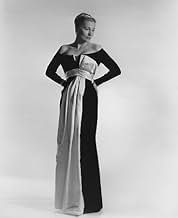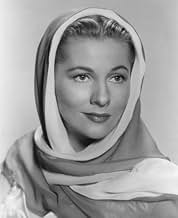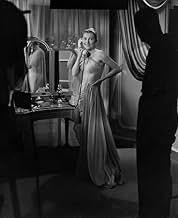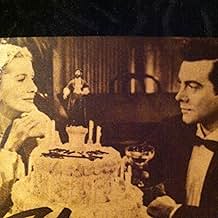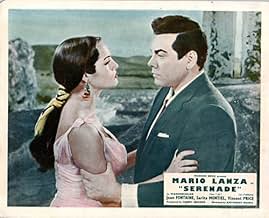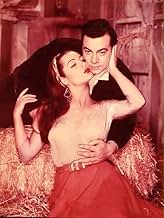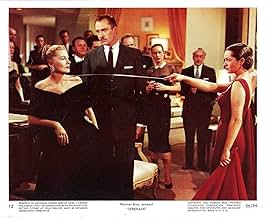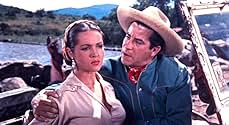This was the fourth of just 7 starring vehicles for turbulent Italian tenor Mario Lanza; although not his best or most popular (that remains 1951's THE GREAT CARUSO), Anthony Mann was easily the best director he ever had. It was actually Lanza's first film in 4 years, a period marked by the debacle of THE STUDENT PRINCE (1954) where director Curtis Bernhardt decided he had had enough of the star's tantrums, had him summarily fired and replaced by Edmund Purdom (who mimed to Lanza's own singing)!
Anyway, the screenplay here is so predictable that it seems written on autopilot and one is hard-pressed to believe that it was based on a novel penned by hard-boiled noir writer James M. Cain; it comes as no surprise, then, to learn that the film version was heavily bowdlerized! Incidentally, Cain was also behind similar musical soap opera stuff like WHEN TOMORROW COMES (1939) and its remake INTERLUDE (1957) that had equally boasted the services of notable directors (John M. Stahl and Douglas Sirk, respectively) for their transition to the screen! On a personal note, it is unfortunate that, while respected Maltese character actor Joseph Calleia got to work with two of Hollywood's most talented film-makers of that time within the same year, it was only on their least interesting movies: this and Nicholas Ray's HOT BLOOD!; what is even worse is that another Maltese who goes by the name of Joseph Calleia is currently enjoying worldwide fame as a tenor himself - thus endangering his earlier namesake (who died back in 1975)'s own fledgling reputation on his home ground!
The supporting cast of SERENADE is quite good actually: Joan Fontaine (she has the right looks for the role of the bitchy society dame who entraps Lanza in her tangled web but there is next to no chemistry between them!), Sarita Montiel (Mann's wife at the time, she has the role of Lanza's beautiful Mexican redeemer), Vincent Price (a breath of fresh air as the witty, artless impresario), Silvio Minciotti (as Lanza's first restaurateur employer), Vince Edwards (as Fontaine's temperamental prize-fighting pet) and Edward Platt (as the director of Lanza's ill-fated stage debut performance of "Othello" – which he hysterically abandons in mid-aria simply because Fontaine has not turned up to see him!). Similarly histrionic moments occur during a thunderstorm in the Mexican plains (almost evoking John Ford's THE QUIET MAN {1952}!) and when a jealous Montiel (incidentally, she has her own jilted lover to contend with!) loses it by bullfighting a mocking Fontaine at a society party that precipitates an unbelievably contrived climactic traffic accident (with an inevitable happy outcome just as Lanza is about to go live on the airwaves)! To counter such melodramatic (if appropriately operatic) outbursts, perhaps the film's best sequence is the simple and moving one in which Lanza and Montiel enter a Mexican church to pray, and it is here that he regains his self-confidence (having spent some time on the skids and then returned to his roots as a field-worker!) by singing Schubert's "Ave Maria".
Apart from the afore-mentioned "Othello", the film also shows Lanza performing a famous aria from Giuseppe Verdi's "Il Trovatore" (incidentally, I have just acquired Renato Castellani's 10½-hour biopic of the famed Italian composer shot in 1982 for Italian TV with Ronald Pickup in the lead!), as well as 2 new songs in English (one of them 'composed' and played on the piano by Vincent Price and the title tune, which is reprised for the finale). Having mentioned the English numbers just now, it is odd given his proud heritage that, when Lanza is about to leave home early on in search of success (managed by his cousin Harry Bellaver), he treats his paisani to a pop tune – and in a foreign tongue, to boot! By the way, this viewing came via a TCM U.K. broadcast of the Warner Bros. production (albeit screened full-frame).


